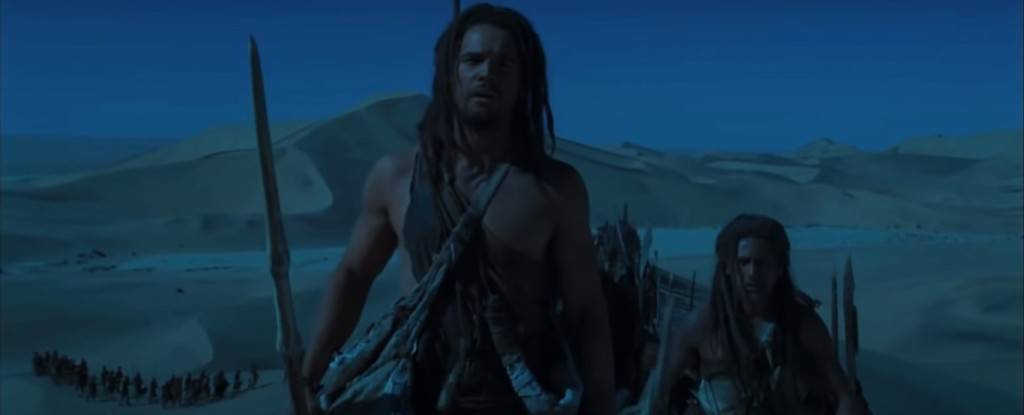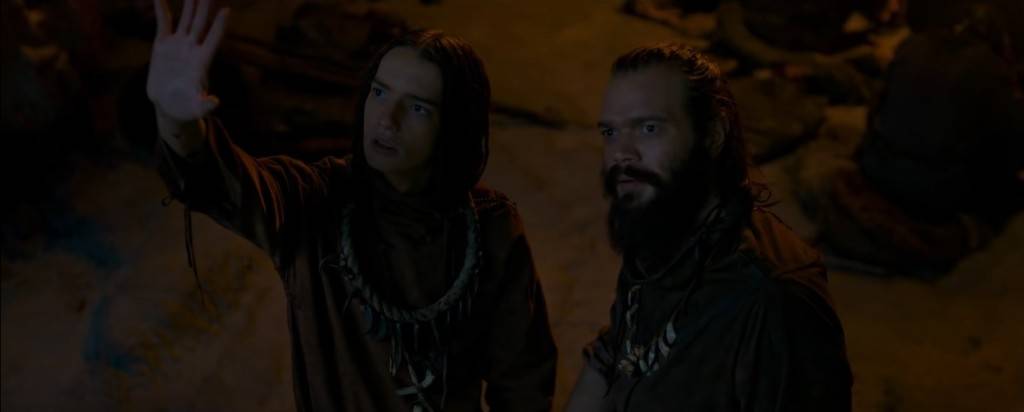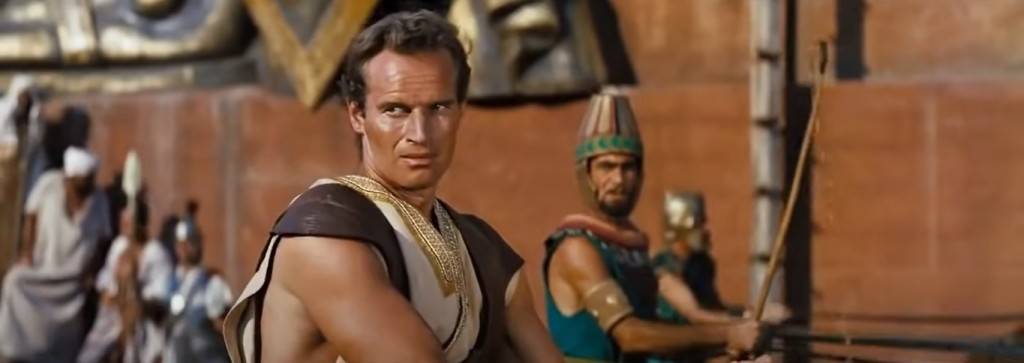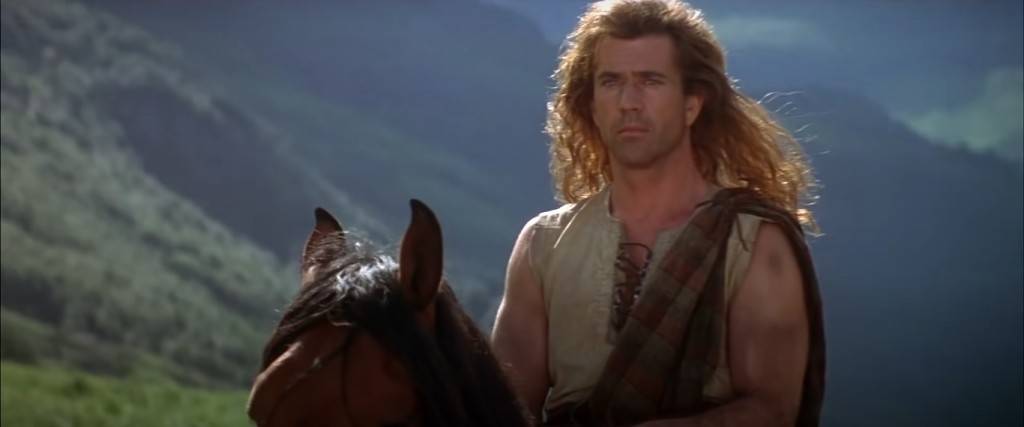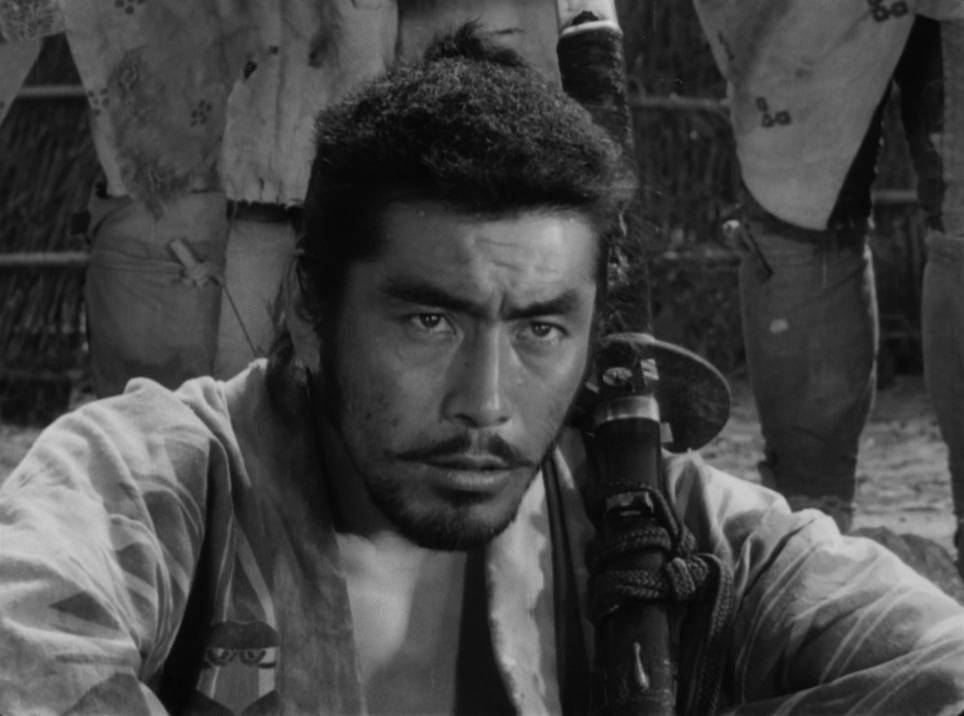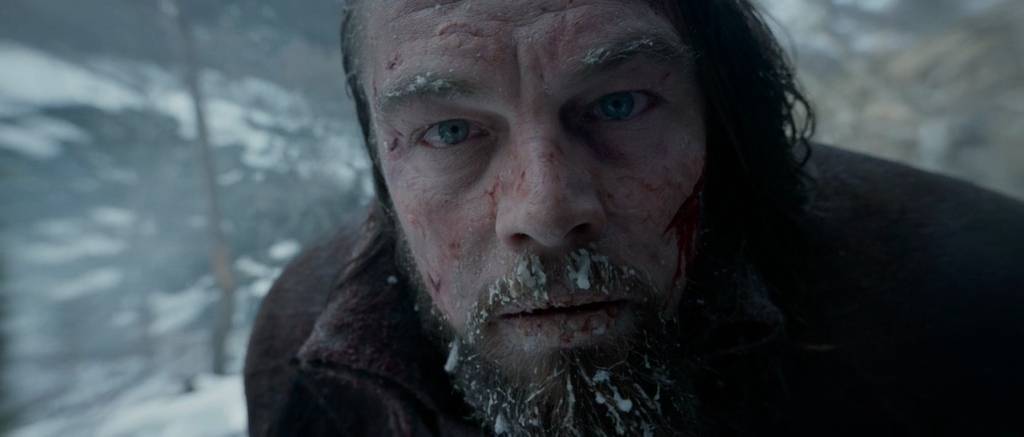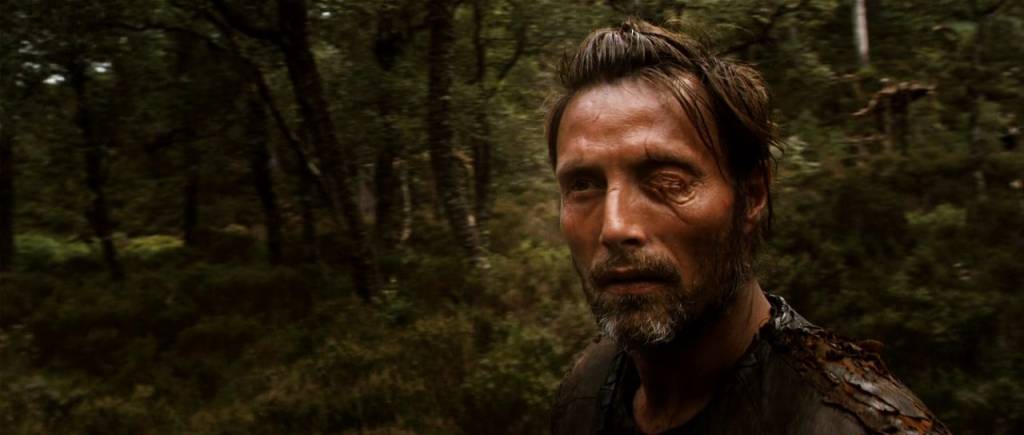The historical drama “Apocalypto” is set in Mexico in the 1500s and centred on Jaguar Paw, a tribesman who is taken prisoner by warriors of the Mayan tribe that was in power at the time. Jaguar Paw employs a variety of strategies and techniques in the forest to eliminate his adversaries so that he can survive and rejoin his family. The film, which Mel Gibson directed, is a fascinating portrayal of how societies, individuals, and cultures functioned in earlier times.
In addition, the plot of the 2006 movie looks at topics including invasion, empire decline, and survival. We’ve put together a list of movies for you if you like stories and clichés like this. The majority of these films like “Apocalypto” are available on Netflix, Hulu, or Amazon Prime.
300 (2006)
Zack Snyder’s historical action movie “300” tells the story of the conflict between Xerxes’ enormous Persian army and 300 Spartan soldiers from Greece. The ground-breaking movie is renowned for its creative camera work and aesthetic portrayal of action that gives the audience a sense of hyper-realism. In “300” and “Apocalypto,” the authors construct a distinctive world that is both real and strange. They seize the attention of the viewers and draw them in for an epic tale that will stick with them long after the movie has ended.
Similar to “Apocalypto,” “300” depicts the emperor of a vast empire and his desire to rule over everything. King Leonidas (Gerard Butler) from “300” is similar to Jaguar Paw from “Apocalypto” for a variety of reasons. Both of the characters reject authority and value independence. Jaguar Paw and Leonidas struggle for their family’s and their own existence. In a sense, we only get to experience the world through the heroes’ eyes. In general, both characters engage the audience in the narrative.
10,000 BC (2008)
A guy named D’Leh journeys to far-off countries to save his true love in the prehistoric action-adventure movie “10,000 BC,” which is set in the eponymous year. The film makes a number of historical allusions; viewers can witness mammoths, sabre-tooth tigers, pyramids, and more. Because both D’Leh from “10,000 BC” and Jaguar Paw from “Apocalypto” are separated from their respective partners and make every effort to find them again, they are comparable. Additionally, both protagonists encounter fierce opposition from foes who do not want them to be successful in their goals. Beyond this, both movies heavily emphasise history, which almost feels like a character in itself.
Alpha (2018)
Albert Hughes’ prehistoric adventure movie “Alpha” takes place 20,000 years in the past. Keda, a little boy who becomes isolated from his tribe, rescues Alpha the wounded wolf. As they work to return to Keda’s tribe, the two develop a friendship. Like “Apocalypto,” “Alpha” is a story set in the past and offers an insightful look at what contemporary people believe of that time period. Although both movies are about survival, the latter feels more like a man’s adventure across unexplored territory and harsh surroundings. The former, on the other hand, is about seeking revenge and defending one’s life from those who would like to take it for their own purposes.
Ben-Hur (1959)
The literature “Ben-Hur: A Tale of the Christ” served as the inspiration for the religious, historical epic film “Ben-Hur.” The movie, which is set in the first century, centres on a Jewish prince who, after being betrayed by a Roman ally, ends himself as a slave and a gladiator. The Prince battles for his freedom while also seeking revenge on his friend. The cult classic movie “Ben-Hur” explores a number of subjects, including history, religion, culture, independence, and more.
Many of these elements are present in “Apocalypto,” elevating the story from a revenge saga. Through the movies, we get a peek of a dramatised version of history, which fascinates and enthrals the viewers. Most importantly, both films raise queries regarding the cultures and civilizations of the different eras. In this way, they retain the movies long after the credits have rolled.
Braveheart (1995)
The Mel Gibson film “Braveheart” takes place under the rule of King Edward I of England. William Wallace, a Scottish rebel, resolves to go to war and seek retribution after King Edward’s oppression causes him to lose his wife. Although “Braveheart” and “Apocalypto” don’t have the same aesthetics, both movies exhibit a spirit of resistance toward social structure.
The main characters also personify freedom and would stop at nothing to achieve it. Curiously, the critics praised both stories yet bemoaned the stories’ departure from reality. Regardless of the criticism, both films enrich the viewing experience for the spectator by evoking a range of feelings and beliefs.
Seven Samurai (1954)
One of the cult great movies, “Seven Samurai,” directed by Akira Kurosawa, served as an inspiration for many contemporary filmmakers and their works. One of the farmers hires a samurai to defend them after a gang of known bandits continually attacks a village of farmers. Six other people of his sort form a team with the Samurai, and together they attempt to subdue the bandits.
Despite not taking place in a distant era, “Seven Samurai” does share several intriguing tropes with “Apocalypto.” The main characters in both films attempt to stave off an invasion force that causes destruction and injury to others. When it comes to how the Samurai and Jaguar Paw plan their strategy and defeat the adversary, the two movies followed a similar path. In addition to these, the two movies share a few other tiny parallels that make for an interesting watch.
The Revenant (2015)
Alejandro G. Iárritu’s “The Revenant,” which is based in part on Michael Punke’s eponymous novel, is seen as a remake of Man in the Wilderness. Hugh Glass (Leonardo DiCaprio) is portrayed in the western adventure film as he tries to survive after being seriously injured by a bear and having his hunting squad abandon him.
A few elements of “The Revenant” are comparable to “Apocalypto,” such as the survival theme and the protagonist’s relationship with his or her family. The former movie, however, is more akin to a revenge drama picture where Hugh Glass wants retribution on John Fitzgerald (Tom Hardy) for the passing of his son. Both films draw viewers into their universes and hold their interest throughout.
Valhalla Rising (2009)
‘Valhalla Rising’ is an eccentric look into Viking culture in the 20th century and how it collided with a growing global Christianity. The movie is directed by Nicolas Winding Refn and stars Mads Mikkelsen as One-Eye and a young kid trying to get to the Holy Land, which the former sees in his vision. In order to eventually learn the truth about the Holy Land, we accompany the two as they traverse various territories and engage in various attacks.
The historical aspects of the story are well explored in “Valhalla Rising” and “Apocalypto,” which attracts the audience. The backdrop gives the people, their behaviour, their beliefs, and more layers of depth despite the fact that the main premise is survival. In the Mel Gibson-directed film, we see the Mayan civilisation, whereas in the Nicolas Winding Refn-directed film, we see the Viking culture.


